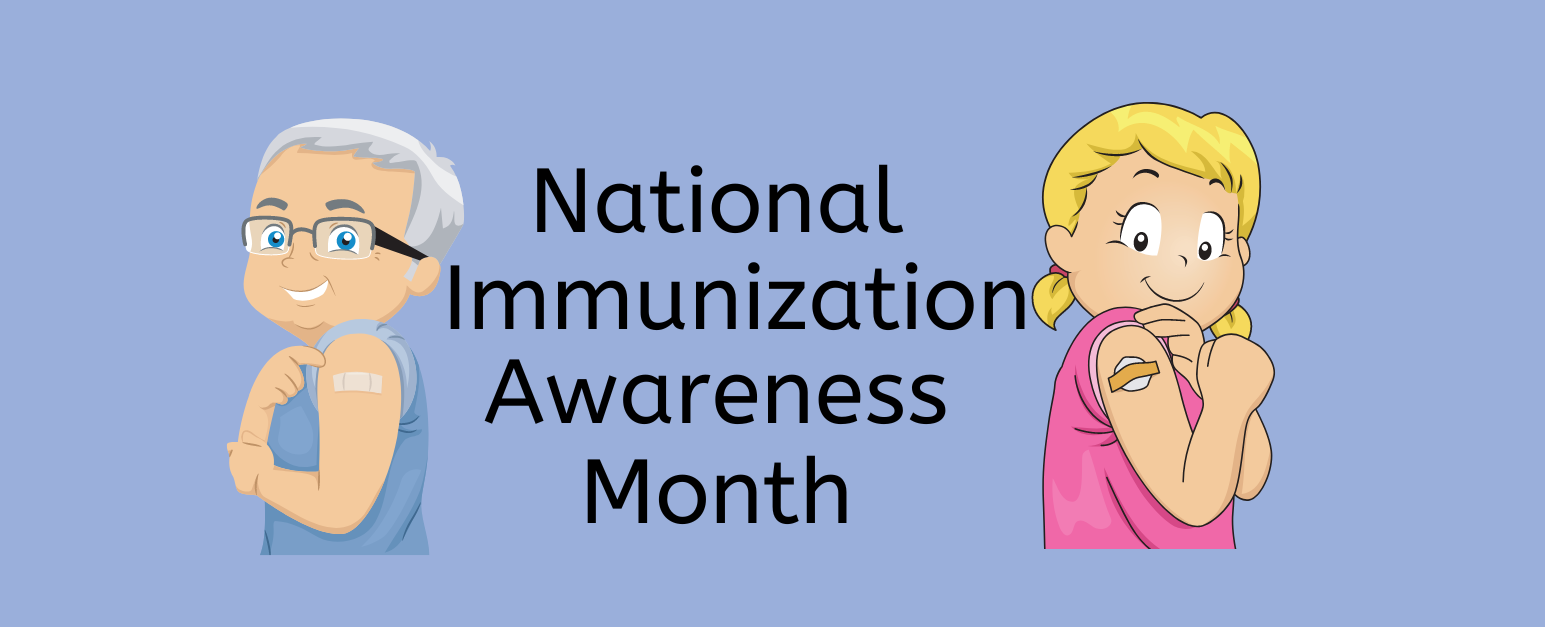National Immunization Awareness Month is observed annually in August to highlight the importance of vaccination for everyone, especially children.
According to the Centers for Disease Control and Prevention (CDC), “On-time vaccination throughout childhood is essential because it helps provide immunity before children are exposed to potentially life-threatening diseases.”
Extensive lab testing is done before vaccines are ever given to people, sometimes it takes years. The goal of vaccines, especially in babies, is to strengthen immune systems. When it comes to vaccines, different types work in different ways to offer protection. It typically takes a few weeks after vaccination for the body to build protection. If a virus enters your body in the future, it will remember how to fight the virus.
There is a vaccine schedule for children birth through age six and ages seven through 18:
It is widely known that children need a slew of vaccinations until age 18 to protect them from diseases; however, receiving vaccines is a lifelong and lifesaving measure. The Immunization Action Coalition comprised a list of 12 vaccinations that adults should receive, some only necessary if you are high risk for certain diseases or experience specific health conditions.
The CDC reports that all adults need:
- Influenza (flu) vaccine every year
- COVID-19
- TD or Tdap vaccine
Depending on your age, health conditions, job, lifestyle, or travel habits, you may need other vaccines.
If you are unsure about which vaccines you should get as an adult, talk to your doctor.
Using the Adult Vaccine Assessment Tool can help you evaluate which vaccines you need.
Vaccines are important to keep not only you safe but also family members or community members safe who may not be able to get specific vaccines due to their age or health conditions.
Sources:
https://www.cdc.gov/vaccines/parents/why-vaccinate/index.html
https://www.immunize.org/catg.d/p4030.pdf
https://www2.cdc.gov/nip/adultimmsched/

